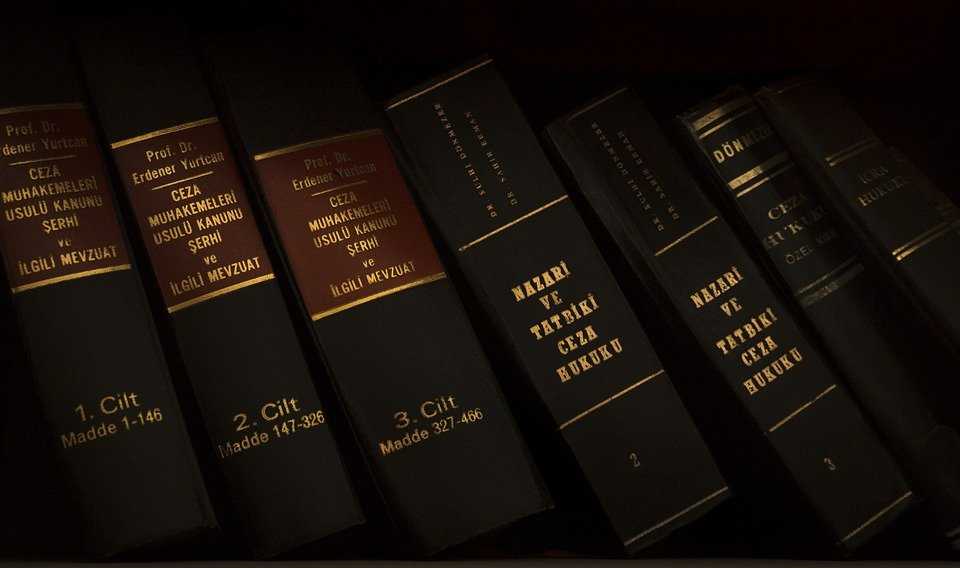
Evelyn Todd brought argument on behalf of her deceased husband, Robert M. Todd, for entitlement to total disability based on individual unemployability (TDIU) under the theories of both schedular evaluation and extra-schedular evaluation. The Court of Appeals for Veterans Claims (Court) remanded the case for further development by the Board of Veterans’ Appeals (Board).
Mr. Todd was service connected for bilateral hearing loss as 80 percent disabling and tinnitus as 10 percent disabling. His combined evaluation was 80 percent.
The Court first pointed out the determination of TDIU requires an “individualized assessment of each veteran” to determine whether he is able to maintain substantially gainful employment with regard to his service-connected disabilities.” The Court stated this approach is unlike the percentage ratings in part 4 of title 38 of the Code of Federal Regulations, which are based on average impairment in earning capacity caused by the service-connected disability. 38 C.F.R. § 4.1 (2014). An analysis of TDIU is subjective, not objective, and is based on entitlement according to the “individual’s particular circumstances.” Rice v. Shinseki, 22 Vet. App. 447, 452 (2009).
The Court has previously found that ‘”Congress has authorized consideration in disability ratings of factors affecting the individual veteran, rather than the ‘average person’, where necessary to reflect the veteran’s true level of disability.'” Hatlestad v. Derwinski, 3 Vet. App. 213, 215 (quoting VA Gen. Coun. Prec. 75-91, at 8).
The Court found the Board had adequately determined Mr. Todd’s case subjectively (based on his individual circumstances) and not objectively (based on the circumstances of an average individual in the same circumstances). However, the Court indicated the Board frustrated judicial review when it failed to address potentially favorable evidence referenced in an October 2012 letter regarding VA vocational rehabilitation benefits.
The Court also pointed out the Board erred when, even though it had considered a 2012 VA audiology exam in its denial, it failed to consider non-medical evidence such as veteran’s lay statements. Veteran had provided explanations that he could no longer use the telephone, did not drive because of safety concerns and was fired from two jobs because of his disability.
The Court determined to remand the case for further development on these bases. Mrs. Todd argued the case should have been reversed and not remanded; however, the Court reverses when it is left with a definite and firm conviction that the Board has made a mistake or, in other words, “when the only permissible view of the evidence is contrary to the Board’s decision.” Gutierrez v. Principi, 19 Vet. App. 1, 10 (2004). That was not the case here.
Our monthly newsletter features about important and up-to-date veterans' law news, keeping you informed about the changes that matter.